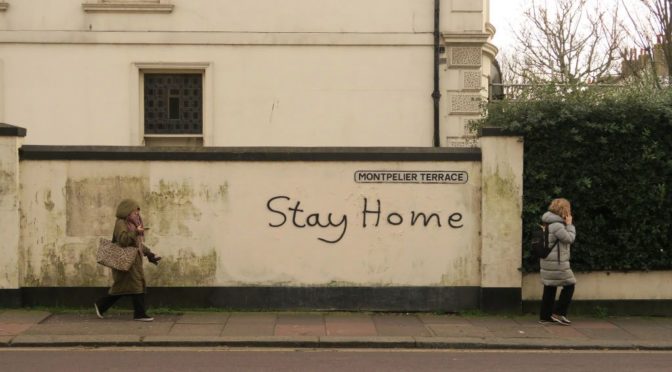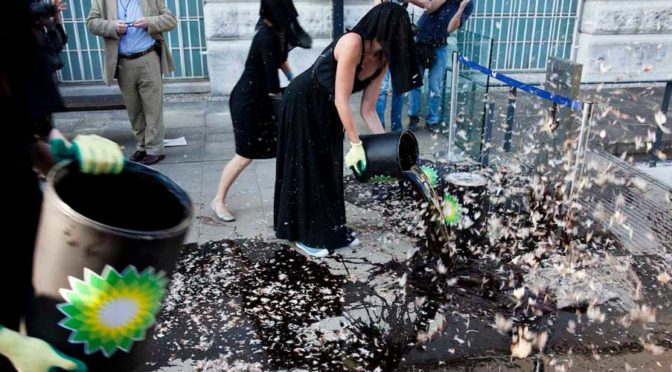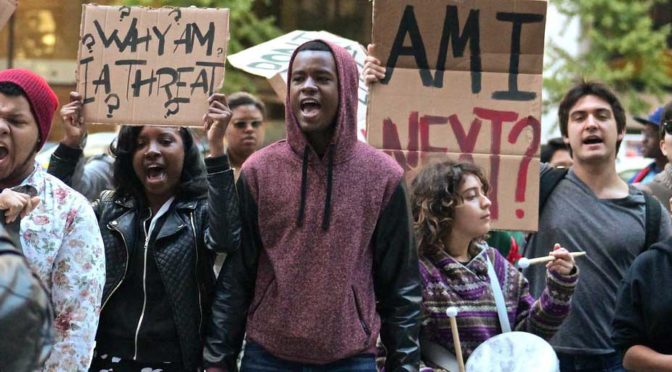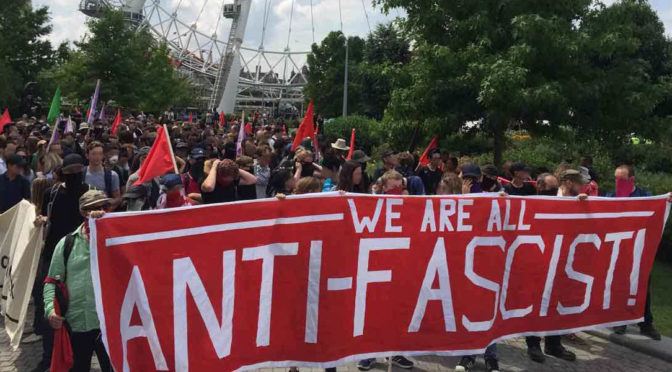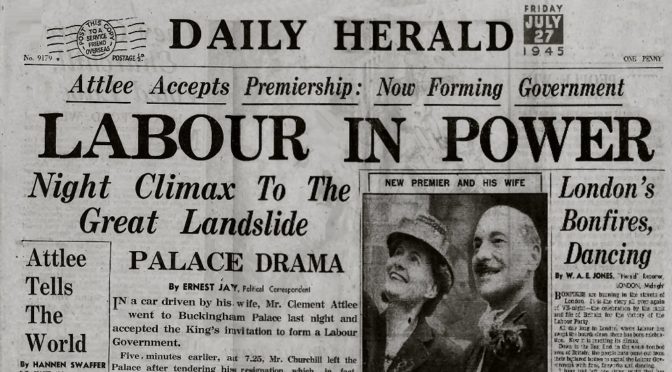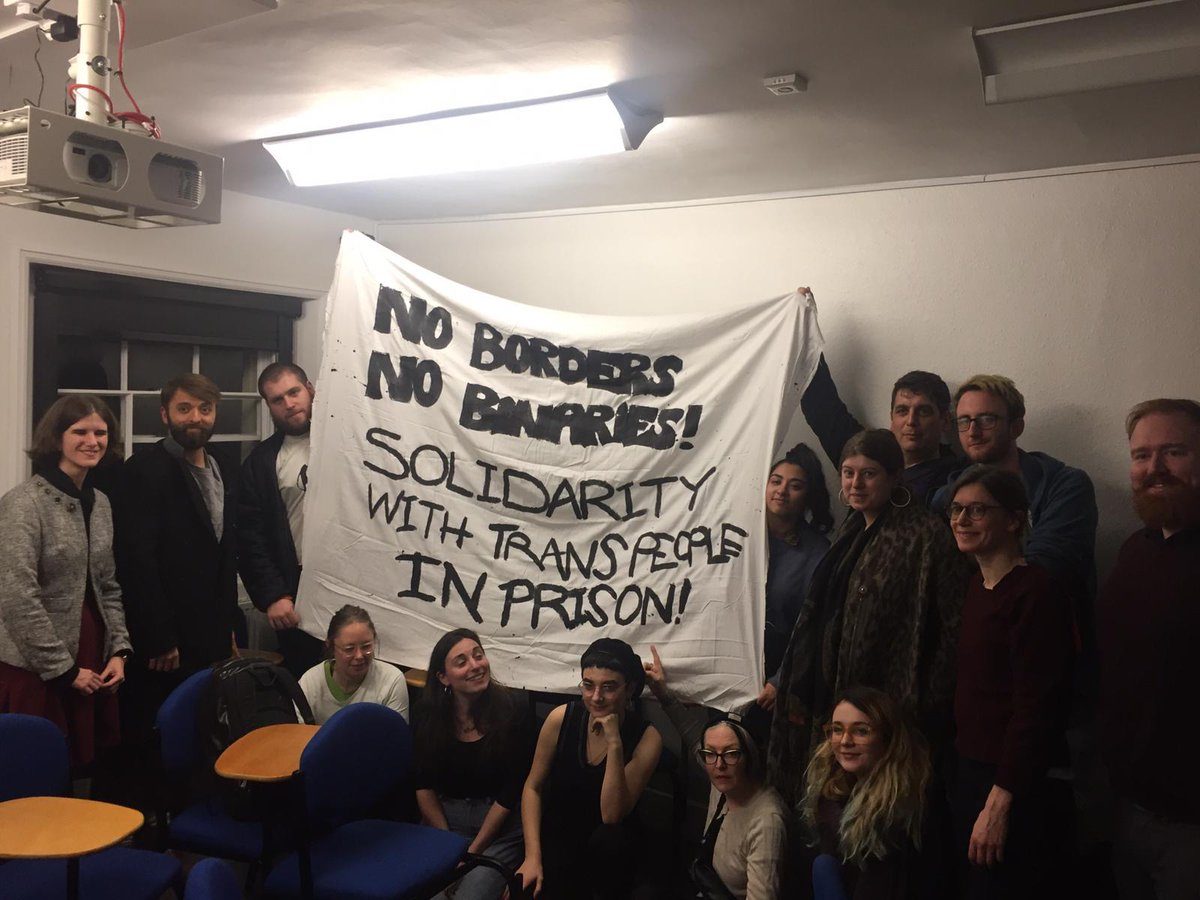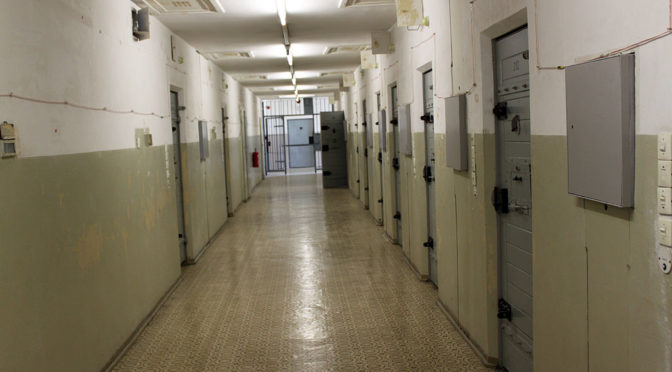Tuesday 21 June
Activist: Jack Jeans (Tate Strike)
Historians: Lucy MacFadzean (Aberystwyth), Gavin Grindon (Essex)
Key questions:
- What does ‘art funding’ mean – funding for large and established institutions or for grass-roots initiatives? Does museums’ non-profit status still apply now that they rely primarily on private funding? Is a general rethink of how culture is funded necessary to reshape work models within cultural institutions too?
- Who has ownership within a large cultural institution like Tate? What role can artists whose work is exhibited in these spaces play in disputes about conditions within the institution? What about the workers who are also artists, supporting their art work by working part-time or on a casualised basis within the institution and thereby subsidising the prominent artists the institution promotes?
- How can social media and digital and visual communication with members and the public be used to raise the profile of labour disputes in cultural institutions? What about the press? How can these communication strategies use museum’s reputations as open and liberal as leverage?
- How should unions respond to changing working conditions such as outsourcing, migrant work, and zero-hours contracts? How can we rethink professional divisions between unions that lead to conflicts of interest and sectarianism? What about workers whose contracts place them outside union recognition agreements because they are freelance, self-employed, or casualised? Does the unionisation of casualised workers such as self-employed couriers and sex workers offer a more widely applicable model?
- What parallels can be drawn with conditions and labour activism in cultural and educational institutions and issues such as outsourcing?
- How can these campaigns be archived, and how can archiving be used to generate further solidarity?
The History Acts session on 18 June brought together Jack Jeans, an organiser for Tate Strike, and historians of cultural activism Lucy MacFadzean (Aberystwyth) and Gavin Grindon (Essex) to discuss how historical awareness could be used to support culture workers coordinating industrial action. Here is a brief summary of some of the issues and ideas that were discussed.
A key point of discussion, and one that strongly informed the approach of Tate Strike, was the question of arts funding. State funding for the culture sector has fallen, leading it to rely increasingly on corporate funding streams. This has led to a greater focus on blockbuster exhibitions to bring in private income, increasing pressure on staff as well as reducing diversity in the exhibitions. At Tate, pay has also fallen by 20% in real terms since the financial crash. A PCS survey from May 2018 showed that half of staff at Tate had suffered from pay cuts and overwork and over half of many workers’ pay was spent on the cost of renting accommodation in London. Jack Jeans also noted that workers within the culture sector are perceived as having other motivations than pay in their choice of work and that this is used to justify low pay.
Jack Jeans and Gavin Grindon, a member of Liberate Tate, noted that cultural institutions value their outward-facing reputation as liberal, inclusive, and progressive spaces, and are sensitive to high-profile campaigns showing that their workers are subject to low pay, overwork, and discriminatory employment practices. The pressure that Tate Strike could exert using social media forced the institution to capitulate and make an additional pay offer to avert strike action that would damage its image. Liberate Tate drew its strategy from direct action groups, staging protests deliberately presented as performances to justify their presence in cultural institutions. Interest and support from the art press raised their profile. They also sought a dialogue with cleaners and other support staff, establishing solidarity and common ground.
A key question was how unions can and should reform their traditional structures to work across professional divisions and represent casualized labour to prevent different unions and workers from being pitted against one another. For instance, union representatives are often not facilitated to support outsourced workers. Joint union meetings may mean that workers are uncomfortable speaking out in front of their managers.
Through the example of the Greater London Council, Lucy MacFadzean raised the issue of artistic value, where it is housed, how it is represented, and how it is created. The GLC sought to make culture about community building, seeing cultural industries as a means of creating jobs and generating funds for the city. Rethinking the funding structures that support cultural industries could offer an opportunity also to rethink the centrality of big institutions like Tate, which increase gentrification. The labour that cultural institutions rely on to create artistic value is often made invisible through outsourcing work or employing unpaid interns and freelance workers. It was noted that Tate uses its Learning Department as pressure valve for these concerns, inviting radical speakers and artists without addressing structural inequalities in their own workplaces.
The discussion considered how history and archiving could support these and future campaigns. The Liberate Tate campaign is archived within Tate, but while this means that the campaign successfully infiltrated the institution it sought to hold to account, it also gave the institution the means to sanitise the record. It was agreed that it is crucial to create networks with other groups engaged in similar protests, for instance the campaign against BP funding at the National Portrait Gallery. Protest groups can take direct action that is not open to unions.
Establishing cross-generational activist links, for instance with activists working with the GLC in the 1980s, will offer a way of working against institutions’ attempts to reclaim historical protests while divorcing them from similar action in the present day. Connecting with activists, artists, and historians across generations can also offer context to present-day campaigns which can generate new publicity.

